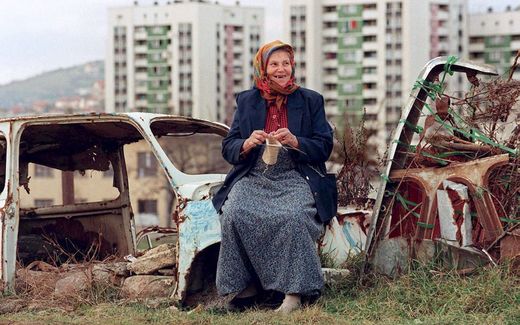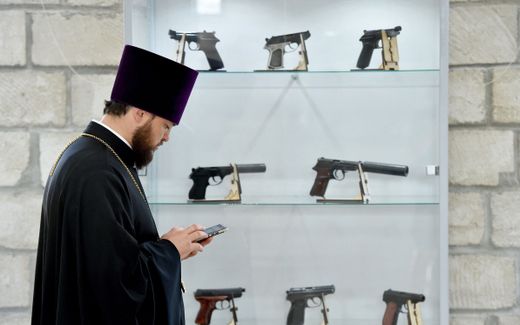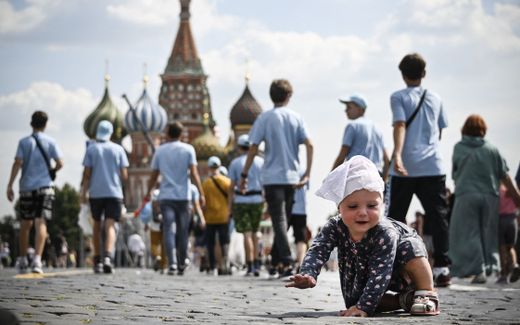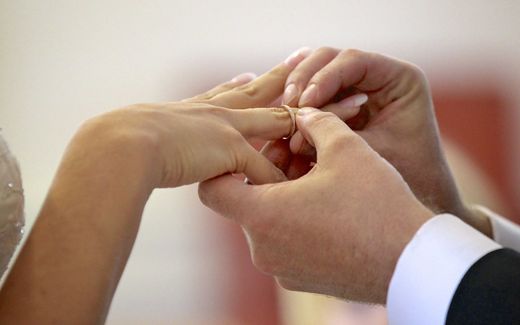Evert’s comment: Fighting against polarisation is a Christian testimony to the nation
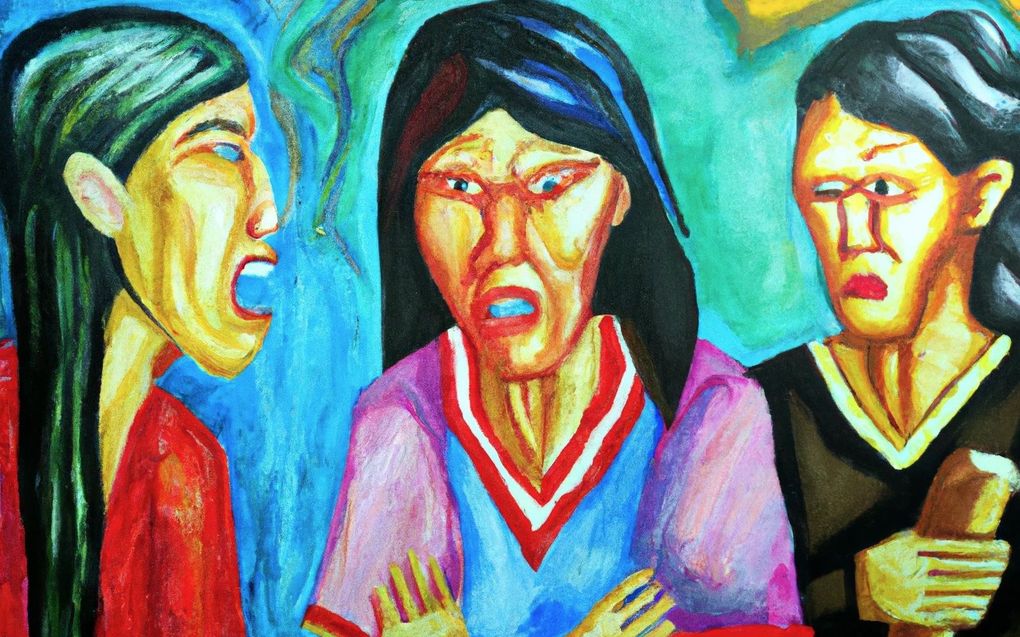
Polarisation does not build a society. Leaders should not give the wrong example. Picture Dall-E/CNE
Opinion
A statesman does not fight but tries to connect the people. If you watch the news, however, you see the opposite. Polarisation is getting stronger. If nothing happens, it will destroy our society.
“Don’t worry, be happy.” That was a slogan from my teenage years. I can’t say that I have never been worried, but –yes– I have tried to be happy. I am always amazed by how much discontent there is in the world.
Always when I see images of shouting people demonstrating against some evil, I cannot imagine myself in such a crowd. Even if I were convinced that there was election fraud in my country, it would be difficult for me to march towards the Houses of Parliament, as the Trump followers did in 2021.
I think most people would say that they are pretty moderate. But still, many leaders in the West fear growing polarisation. Socio-cultural research regularly shows that cohesion in society is weak. People and groups choose for themselves and against others. In Germany, for instance, there is a concern that people feel less bound by the Constitution. However, this was one of the few national symbols Germans dared to be proud of in the post-war period.
After the Second World War, cohesion was essential to survive. Re-building Europe would only be possible if they did it together; otherwise, it was impossible. There was a common goal for everybody, no matter whether he was Protestant, Catholic or Socialist.
In many countries in Europe, large centre parties took the lead. As far as I can see, especially the Christian Democrats broadcasted the message of “togetherness”. Strictly speaking, that is not a policy item. But still, it gives a message to society that is of enormous value. This is real statesmanship.
Cohesion
Speaking about polarisation, the US is a telling example of the wrong. There has always been a split between the liberal East Coast and the more conservative Mid-West. But as an outsider, I would describe the present atmosphere as toxic. The mistrust that lives between the two parties in Washington is shocking. It would help if the country had a president who would stand above the parties, but that is usually not the case. For many Americans, the White House is not the unifying symbol it is meant to be.
It is no exaggeration to say that polarisation is a real threat to society. Exclusion and de-legitimisation can make life very difficult. Social cohesion is a necessity for a society to have a future. Living together is much better if you trust each other.
As far as I can see, a two-party system –as in the US and the UK– stimulates polarisation. Two-party systems encourage thinking in terms of black & white. Multi-party systems know that there are many colours between the two extremes.
Common good
But having said that, multi-party systems can be threatening as well. In the past few months, we have seen much unrest in Israel. Like the Netherlands, Israel has proportional representation as an electoral system. For small groups, there is no threshold for becoming a party in the Knesset.
Proportional representation is no problem as long as there is cohesion in society. From that, most people would vote for large parties that work for the common good.
But in many parliaments, the number of represented parties is growing. That is not only the case in Israel and Holland but also in Germany and elsewhere. That is proof that certain minorities get more vocal. But also that moderate centre parties can no longer attract votes with a message about the common good.
In Israel, we see what this could lead to. In the last few years, we have noticed that the country has become ungovernable. Building up the Zionist nation does not bind the people any longer. There are many –too many– other demands on the table. In a way, this could also be the future of other countries.
Of course, one can say that democracy is flourishing with those new and small groups. But it is clear that they are a problem for decision-making. Take only the parliamentary debate: that is easier with five parties than with fifteen. To enter such an arena as a small group, it is hugely tempting to do that with a tone of mistrust. That will improve the attention to your voice. But do not look at what you are creating among the public. They echo the mistrust and expect their leader that he will spread it again.
Individualism
Can we repeat the post-war success and work together for our shared future? In one word: No. Individualism has taken over from community thinking. Every person has his common good. Everybody could join that goal. But that is not the same as denying your personal interests and serving the community.
Individualism is partly the result of government policy as well. The same leaders who said that we had to stick together in the building-up of the country introduced legislation that sprung from an individualistic view of man. At the moment, we see that clearly in the modernisation of family law. Do the two spouses form a new unity, or do they continue as separate human beings who can split up if they choose?
There is something else as well. The modern man has liberated himself from other or higher authorities. No God, no master! The only limitation he imposes on himself is a civic life that also serves his personal benefit.
To be honest, there is not much of an appeal to change this. People don’t receive impulses from the government, the media and science for a different view. And speaking about polarisation, many leaders even give the wrong example.
Witness
Back to the classical people’s parties from the 40s and 50s. I said that especially Christian Democrats came with the message of “togetherness”.
From Evangelical circles sometimes came the criticism of these leaders that they were too vague regarding morals. In other words, they should have been more polarised against the wrongs. They had been expected for a more robust position against the Sexual Revolution, for instance.
I can imagine that criticism. But at the same time, I think the time has come to re-value “togetherness” as a profoundly ethical testimony to society. That is the only medicine against polarisation that will wreck our nation.
Evert van Vlastuin (1972) has been working as a journalist from the early 90s.

He has interviewed several Nobel Peace Price winners as the former South African president F. W. de Klerk and two from Northern Ireland, John Hume and David Trimble.
From 2001, he worked as a foreign news reporter for the Dutch Reformed Daily. Since 2021, he works as managing editor for the start-up CNE.news.
Respond to Evert by e-mail.
Related Articles


